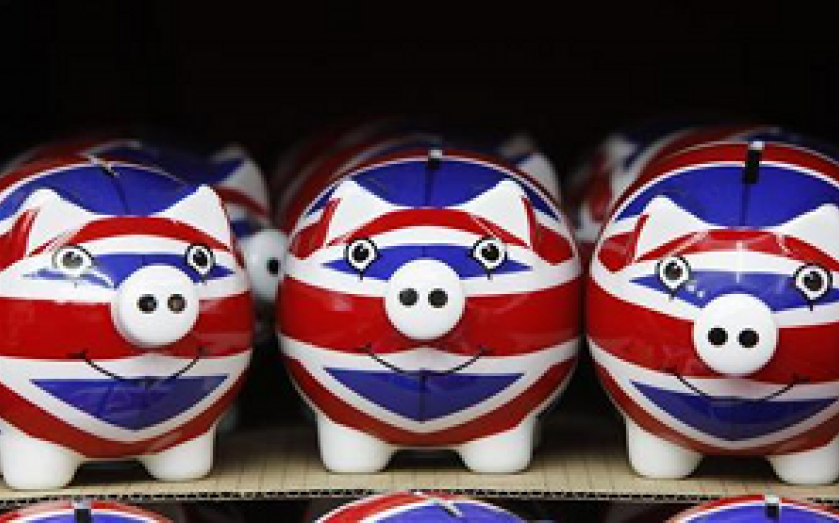Buy British Day: Here’s why you should think twice before splashing on ‘Made in Britain’ products

Today marks the first 'Buy British Day' where shoppers are being urged to splash their cash on products with the 'Made in Britain' label.
Anthony Wallis, an organiser of the campaign, told the Grocer:
We want to get as much awareness as possible – if it means promising store, or sticky labels, or advertising, or roadshows, then so be it.
'Buy British Day' day also dovetails with the annual Best of Brittania event, which celebrates over 200 British brands. This weekend at London's Farmiloe building, consumers can peruse goods from cars to jewellery all made here in the UK.
According to Wallis, consumers have become more interested in the background of the products they buy, placing less emphasis on price than they used to, with organic food being a classic example. To this end, Wallis believes shoppers should show their love of their country at the cash till.
Furthermore, Wallis argues that 'Buy British Day' has benefits that go beyond a warm feeling of retail patriotism:
If you care about Britain, you'll buy something British and feel good about it. You're getting something really well made and innovative, and you're doing something good for the economy – it helps employment and apprenticeships.
While it may seem intuitive that buying British-made products will be a boon for the British economy, creating jobs and helping British companies, these intuitions can often be deceiving.
The father of modern economics Adam Smith wrote: "In every country it always is and must be the interest of the great body of the people to buy whatever they want of those who sell it cheapest".
His writings find voice today in the think tank that bears his name. Head of policy at the Adam Smith Institute Ben Southwood commented:
If people get satisfaction from buying British off their own bat then, there's no problem with that—but that is no reason to encourage them.
Globalisation and the worldwide division of labour have lifted hundreds of millions in the developing world out of poverty, and simultaneously added hundreds of millions of customers onto the world market.
Adam Smith and David Ricardo's theories of free trade are no less true today than they ever were.
So if people have no particular desire to buy a British product, instead of a cheaper foreign one, should they do so to benefit the wider economy?
Southwood observes "just as it makes no sense for everyone to make their own bread when they can get it cheaper and better from a shop it makes no sense for every country to use only their own produce".
If a consumer buys British, forking out some extra cash than they otherwise would have, they have less money to spend on other things. This in turn means less money going into other sectors, with less employment and wealth creation than there otherwise would have been. The consumer is worse off and the economy is less efficient.
Some British companies may see less revenue with customers flocking to buy cheaper foreign goods but in the long term everyone is better off. Labour and capital will be reallocated to where they are most productive; that is, where Britain has a comparative advantage.
We are all made wealthier from buying the products we like at prices we can afford, regardless of where they come from. Unfotunately, it may well be the case that good intentions to support British business could have unforeseen consequences.
Director of the Centre for Policy Studies Tim Knox told City A.M.:
This well-intentioned campaign is, sadly, deeply flawed. Consumers should buy British products because they feel that they are better than imported goods, not out of any sense of patriotism. To do the latter runs the risk of masking the uncompetitive nature of some British products, which in the long term could do more damage than good.
Knox's comments were echoed by head of communications at the Institute of Economic Affairs, Stephanie Lis:
While this initiative is no doubt well-intentioned, it is the wrong way to help both consumers and the wider economy. Buying British is not always the best way to create jobs or boost enterprise. At a time when people's budgets are being squeezed, we should be encouraging consumers to look for the best possible deal, not engaging in special pleading.
If shoppers genuinely gain a sense of satisfaction from buying products with a Union Jack label, then buying British may make sense to them.
But the view that other consumers should sacrifice price or quality to buy British because it is good for the economy, commands little support among those whose job it is to look at the consequences of our actions rather than their intentions.